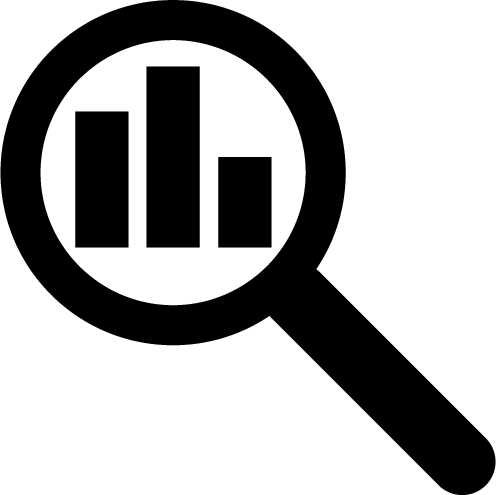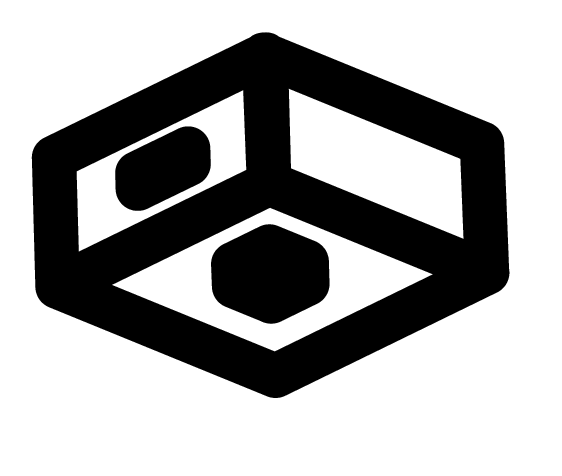Want To Work In Tech And Change The World? Choose Healthcare
Noosheen Hashemi is founder and CEO of January AI.

In 2020, the Centers for Medicare and Medicaid Services (CMS) Office of the Actuary reported that the United States spent a collective $4 trillion on healthcare, nearly 20% of the gross domestic product (GDP). At the time, the CMS estimated that health spending would continue to grow at a rate of 5.4% per year, reaching $6.2 trillion by 2028. In early 2021, Deloitte contradicted that estimate, stating that healthcare spending will actually decelerate over the next 20 years, helped by "emerging technologies, an ability to cure and prevent disease (or detect disease in the earliest stages), and highly engaged consumers."
While I agree with the potential future posited by Deloitte, I know that without a massive influx of people moving quickly to meet consumer needs in healthcare, there's no way to make this prediction a reality. Not enough of the best and brightest people in tech are choosing a career in healthcare.
HealthTech: An Underconsidered Option
I love tech people, and not just because I am one: I've built and scaled companies from the earliest stages through IPO and beyond; I've invested in over a hundred startups; I've worked with some of the top leaders in philanthropy and government on some of the most challenging issues affecting our society today. I've seen firsthand that tech people make progress possible. Tech entrepreneurs, developers and engineers can take on challenges with single-minded laser focus, driving paradigm-shifting discoveries. This is the kind of passion and determination we need to disrupt healthcare.
To be clear, there are already profoundly smart innovators in healthtech, helping to evolve the patient experience and make care more equitable and accessible. But based on my recruiting experience, the best minds in technology today are going into healthtech with less and less frequency. Round-ups of the best tech jobs — lists job-seekers are likely to peruse when choosing what to do with their new degrees — generally don't mention healthcare. Until recently, many of the tech resources in healthcare went to consultants or talent assigned to build one-off solutions that will never scale into millions of users.
No one should die from lifestyle-related chronic diseases. We have the technology to help people predict, prevent, postpone and/or manage many of these, and yet 100,000 Americans died of diabetes and 700,000 of cardiovascular diseases in 2020. Forty percent of people who died of Covid-19 had diabetes. More engaging user experiences will invite mass adoption of technological solutions and thus save lives. But we need sharp innovators to create these consumer-grade products.
This isn't an individual problem — it's a cultural one. Many early-career tech stars are happily warehoused in Big Tech companies, holding lifestyle jobs, taking no risk and making fabulously high salaries, exacerbating the tight labor market and stunting innovation by smaller companies who can't compete. While tech wages are among the highest of any sector, the top companies will always be able to pay more — with more job security — than startups and smaller companies. It's stunning how much top talent is retained by tech giants like Facebook and Google.
Better Data Requires Better Algorithm Developers
While we need all types of innovators, I've found, at least for my own work in preventative health, the widest gap in talent, and the most difficult area to recruit for, is in algorithm development and machine learning. While machine learning flourishes in other areas like social media, fintech, autonomous vehicles and robotics, its growth in healthcare tech has been slow.
There are some things you can truly only do with AI. The amount of consumer health data — from wearables, early detection/preventative tests, genomic and microbiome, along with a variety of other at-home tests — is growing at a dizzying pace. Even the most educated and devoted medical professionals cannot keep all this novel data related to one patient, especially continuous streams from wearables, in their heads — let alone for tens or hundreds of thousands of patients. And even if they could, they would fail to see trends and notice small changes that AI can pick up, which might be predictive of health changes.
At my own company and others like it, we focus on the whole person, implementing the tenets of multiomics, combining different data sets across the body for a clearer, more holistic view of a person's overall health. But we need more stars in AI and machine learning to take risks and break through the challenges facing us. Interdisciplinary problem solvers would be hugely effective in integration, synthesis and analysis of multiomics data. We want people who can operate at the cross section of science, medicine and machine learning. Big breakthroughs will come from this convergence (alongside innovations in business models, government policies and the regulatory environment).
Unfortunately, we are not leveraging technology for early screening. Twenty-three percent of the 37 million people with diabetes and 81% of the 96 million people who are believed to have prediabetes remained undiagnosed in 2019. That's more than 80 million people with diabetes or inching toward it who don't know it. What if we stopped waiting for problems to arise before harnessing the power of data? What if we combined classic markers with novel user data to prevent and mitigate disease in the first place?
The Greater The Challenge, The Greater The Reward
To attract the most talented minds in tech to healthcare innovation, it is vital that we demonstrate to them both how far healthcare has come and how far it can go. Tech stars can save lives by optimizing the way health data is collected, analyzed and shared, finding better ways to give people access to, insights from and control over their own health data to improve their lives.

 Attendees
Attendees
 Sponsors and Exhibitors
Sponsors and Exhibitors
 AI In Healthcare: A Virtual Course
AI In Healthcare: A Virtual Course
 Contact us
Contact us